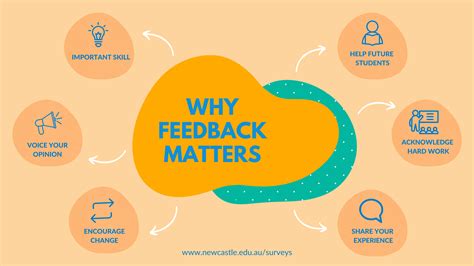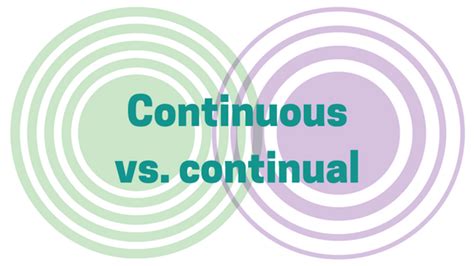In the intricate tapestry of life and ambition, failure often appears as a formidable adversary, a dead-end sign that prompts us to retreat. However, what if we viewed these moments not as endpoints, but as crucial pivot points – rich sources of data and potent fuel for future success? The key lies not in avoiding failure, but in mastering the art of shifting our mindset around it.

The Universal Truth of Failure
No journey towards achievement is ever perfectly linear. Setbacks, missteps, and outright failures are an inevitable part of the process. From groundbreaking scientific discoveries to monumental personal achievements, history is replete with stories of those who stumbled repeatedly before ultimately succeeding. The prevailing cultural narrative often demonizes failure, associating it with shame or inadequacy, yet it’s often the most profound teacher we’ll ever encounter.
Understanding this universality is the first step. When we accept failure as a natural component of growth, rather than a personal indictment, we begin to dismantle the fear that often paralyzes us from taking necessary risks.
Acknowledge, Process, and Release
When failure strikes, it’s natural to experience a range of emotions: disappointment, frustration, or even sadness. Suppressing these feelings is counterproductive. Instead, allow yourself to acknowledge them without dwelling in self-pity. Give yourself space to process what happened, understanding that the experience is separate from your inherent worth.
Once emotions have been recognized, it’s crucial to release them and shift into an analytical mode. This involves a detached reflection on the situation, not to blame, but to understand. What exactly went wrong? What were the contributing factors? This critical self-assessment paves the way for constructive learning.

Extracting Wisdom: The Gold in the Rubble
Every failure is a disguised lesson. The true value of a setback isn’t in the event itself, but in the insights you can glean from it. Ask yourself a series of probing questions:
- What assumptions did I make that were incorrect?
- What skills or knowledge was I lacking?
- What external factors influenced the outcome?
- What could I have done differently?
By dissecting the failure, you identify specific areas for improvement. This isn’t about wallowing in ‘what ifs,’ but about pinpointing actionable takeaways that can inform your future strategies. Think of it as a post-mortem for a project, not a eulogy for your ambition.
Reframing Failure as Feedback
One of the most powerful mindset shifts is to stop labeling events as ‘failures’ and instead view them as ‘feedback.’ In the world of systems and design, feedback is essential for optimization. Similarly, every misstep provides invaluable data points that tell you what doesn’t work, allowing you to iterate and refine your approach.
This perspective transforms a negative outcome into a neutral, informative signal. It removes the emotional weight and allows for a more objective analysis. Instead of saying, “I failed,” try, “I received feedback that this approach wasn’t effective, and now I know more for next time.”

Cultivating a Growth Mindset
The concept of a ‘growth mindset,’ popularized by psychologist Carol Dweck, is central to turning failure into fuel. Individuals with a growth mindset believe their abilities and intelligence can be developed through dedication and hard work. They see challenges as opportunities to learn and grow, rather than fixed obstacles that expose their limitations.
Embracing this mindset means understanding that your potential is not predetermined. Every effort, every learning experience – even those born from failure – contributes to your development. This belief fosters resilience, encouraging you to persist despite setbacks and to view the journey itself as part of the reward.

Action and Iteration: The Path Forward
Learning from failure is only half the battle; the other half is applying those lessons. Take the insights you’ve gained and incorporate them into your next attempt. Adjust your strategy, acquire new skills, seek different perspectives, or modify your approach based on the feedback you received.
This iterative process – attempting, failing, learning, adjusting, and re-attempting – is the engine of true progress. Each ‘failure’ becomes a stepping stone, providing a clearer path forward and strengthening your resolve. Remember, many successful ventures are simply a culmination of countless small adjustments made after encountering obstacles.
Conclusion
Shifting your mindset around failure is a conscious and continuous practice. It requires courage to face what went wrong, humility to learn from it, and resilience to try again. By acknowledging the universality of setbacks, processing emotions constructively, extracting valuable lessons, reframing them as feedback, and cultivating a growth mindset, you transform perceived failures into powerful accelerators for success. Embrace the stumbles, for within them lies the untapped potential to propel you further than you ever imagined.




